Palestinians urge Sudan to reverse plan to normalize ties with Israel
The Palestinian Hamas resistance movement has condemned in the strongest terms the decision by Sudan's foreign ministry to move forward towards normalizing relations with Israel during talks with visiting foreign minister Eli Cohen in Khartoum, calling upon officials in the North African country to reverse the measure.
“Hamas believes that this move contradicts the general Sudanese stance, which is against the normalization of ties with the occupying Israeli regime and lends support to the just Palestinian cause,” the Gaza-based group said in a statement released on Friday.
“The development comes at the same time as the far-right Israeli administration has intensified its crimes against the Palestinian nation and killed 35 Palestinians, including women and children, since the beginning of the year. This is while the regime continues to forge ahead with its colonial settlements expansion plans as well as desecration of Christian and Muslim sacred sites,” the Palestinian resistance movement noted.
“We reiterate our rejection of all forms of normalization with the occupying Israeli regime, and call on Sudanese authorities to reverse the decision, which runs contrary to the interests of the brotherly Sudanese nation and would only serve Israel’s agenda,” the statement also read.
The Islamic Jihad resistance movement also denounced the announcement that Israel and Sudan have finalized a deal to normalize relations, emphasizing that Muslim nations are fiercely opposed to establishment of any kind of ties with the Tel Aviv regime.
“It is utterly disgraceful for the Sudanese authorities, nation, political factions, intellectuals and elites to allow Zionist extremists and fascists, who are occupying the holy city of al-Quds and Palestinian territories, to set foot on Sudan’s soil,” Tariq Salmi, a spokesman for the Islamic Jihad, said in a statement.
“We are absolutely sure that normalization only represents state officials, and that nations reject normalization and any relationship with the Zionist entity.
The Sudanese foreign ministry said following a meeting between Cohen and his Sudanese counterpart Ali al-Sadiq that “It has been agreed to move forward towards the normalisation of relations” between Khartoum and the Israeli regime.
Sudanese government sources, speaking on condition of anonymity, said Cohen’s trip was part of an exchange of visits between Sudan and Israel and involved discussions on reaching and signing a normalization deal as well as military and security issues.
Sudan agreed to take steps to normalize ties with Israel in a 2020 deal brokered by former US president Donald Trump’s administration, alongside normalization agreements between Israel and the United Arab Emirates, Bahrain and Morocco known as the “Abraham Accords.”
Sudan’s military, which has been in charge of the country since an October 2021 coup, is seen as having led the move towards establishing relations with Israel.
In a separate development on Thursday, Chadian President Mahamat Idriss Deby Itno opened his country's first embassy in Israel, four years after the two sides restored diplomatic ties, in a move seen as Tel Aviv’s attempt to continue the charade of normalization in the region.
Israeli prime minister Benjamin Netanyahu said in 2020 that he had discussed "the possibility of opening an embassy” in al-Quds with a Chadian delegation.
In January 2019, Netanyahu and Chad's former president Idriss Déby, the father of the current leader, announced renewal of diplomatic relations at a ceremony in N'Djamena, the capital of Chad.
Ties between Israel and Chad were broken in 1972 amid pressure from Muslim African nations.
The Arab-Israeli wars of 1967 and 1973 led a number of African states to sever relations with the occupying regime.

Hamas affirms commitment to ceasefire, says negotiations only path to free Israeli captives
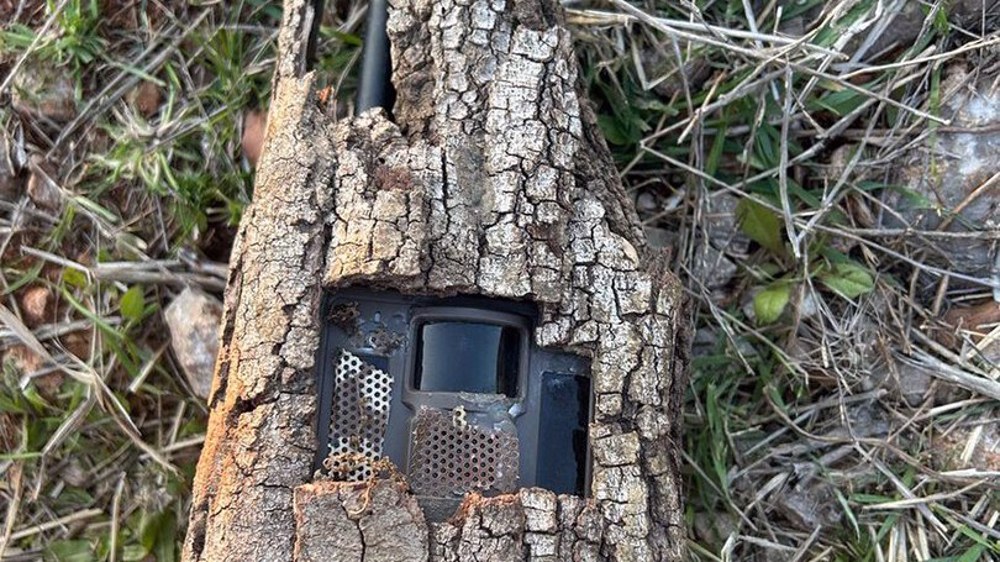
Two Israeli spying devices found, neutralized in southern Lebanon

Palestinian prisoners freed as Hamas releases bodies of Israeli captives
Iranian flotilla makes port call in India with 'friendship message'
How UK counter-terror police colluded with Zionists to detain me after Beirut trip
Biden, Blinken, Austin referred to ICC over Gaza war crimes
EU will 'do the same' if US implements tariff hikes: France
VIDEO | Press TV's news headlines
British celebrities condemn BBC removal of Gaza documentary
Iran Army acquires tactical vehicles, audio surveillance systems
VIDEO | UK police detain anti-Zionist scholar upon return from Lebanon


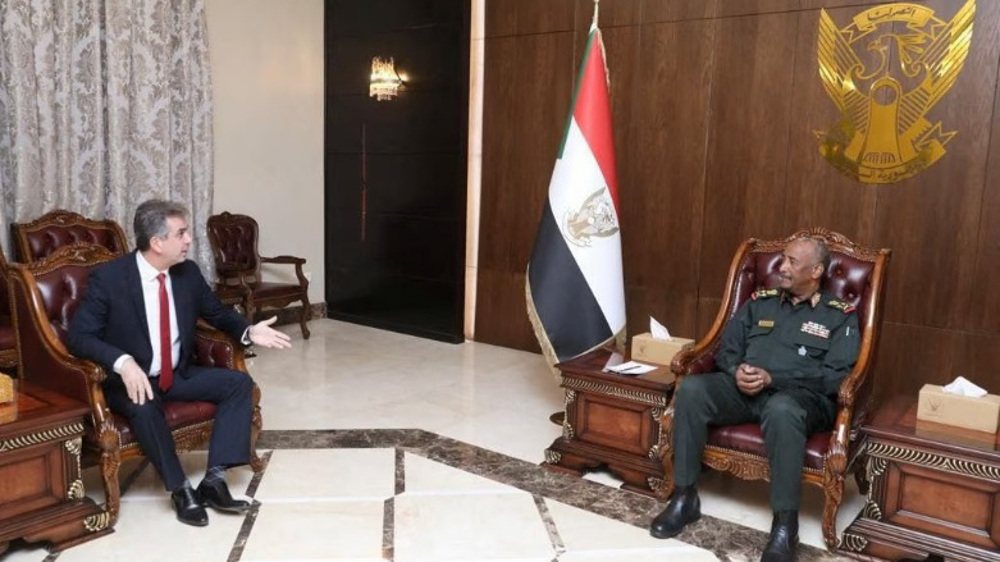

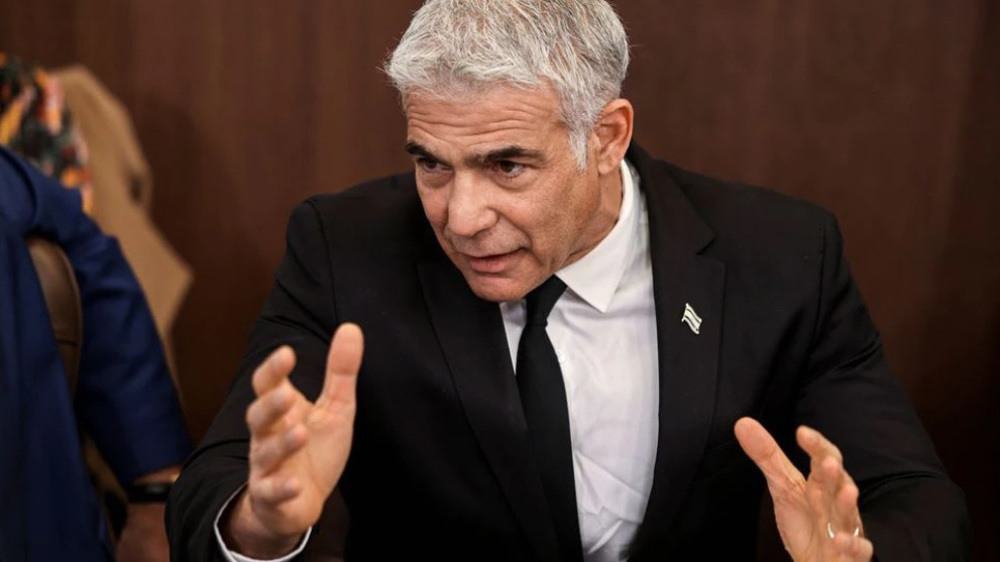




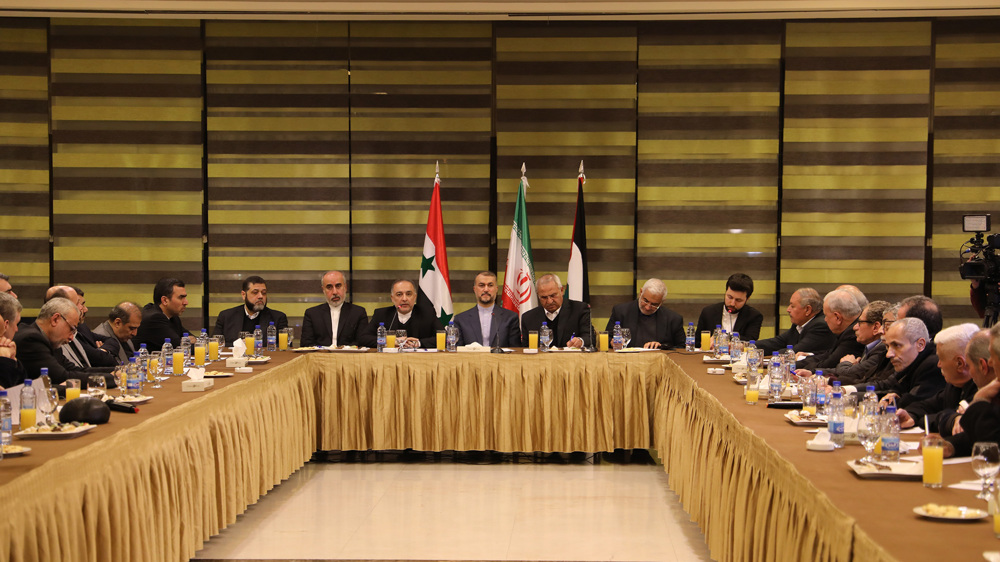

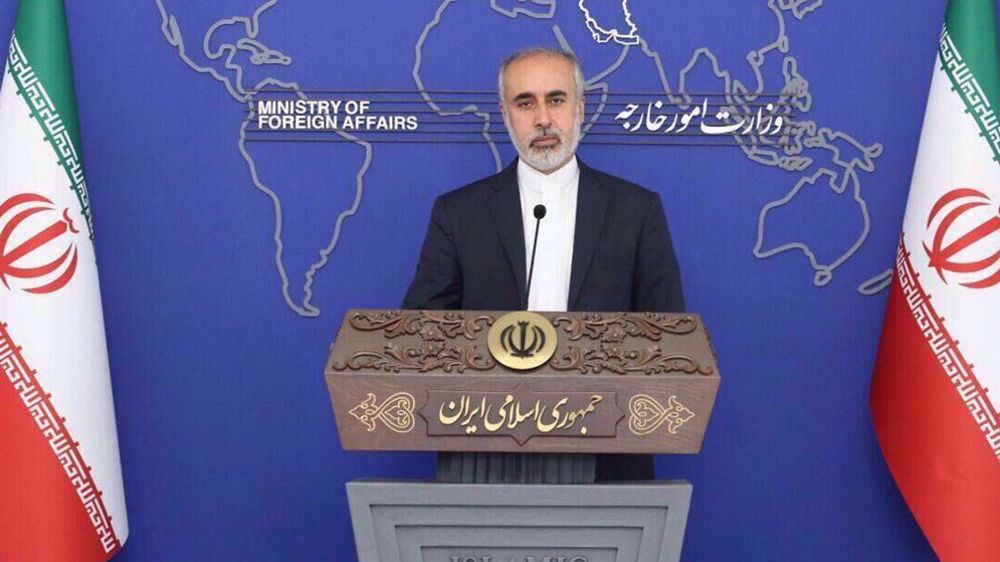
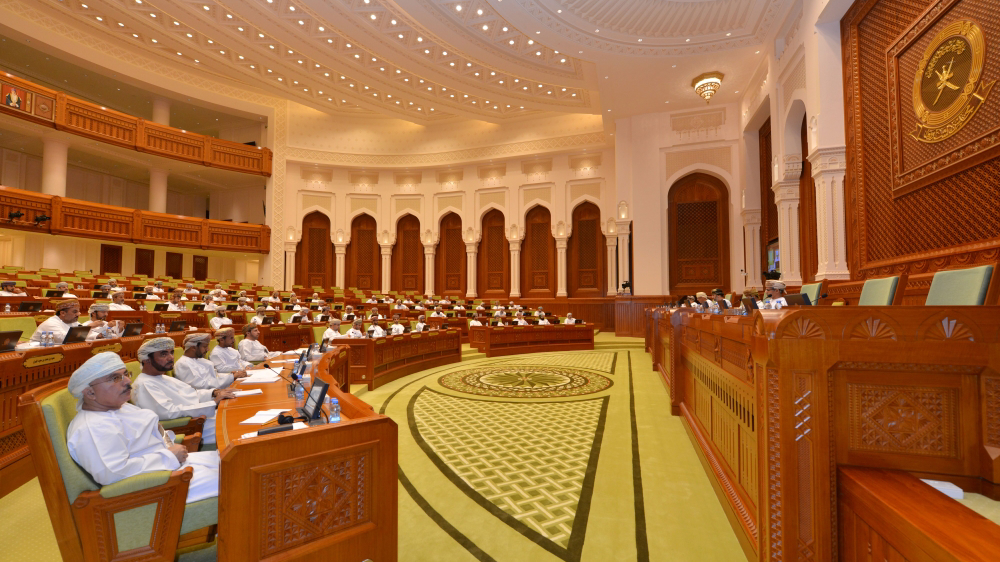


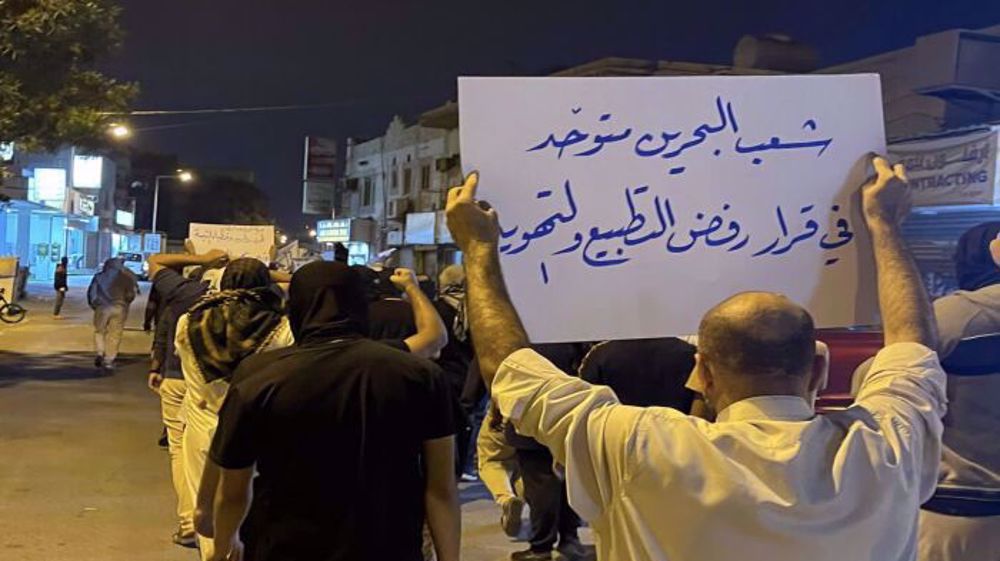
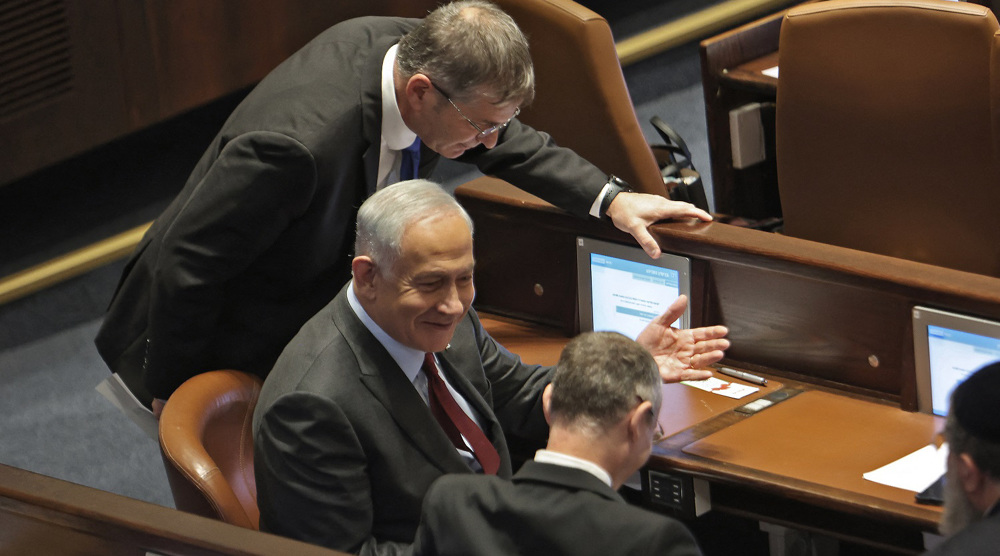


 This makes it easy to access the Press TV website
This makes it easy to access the Press TV website